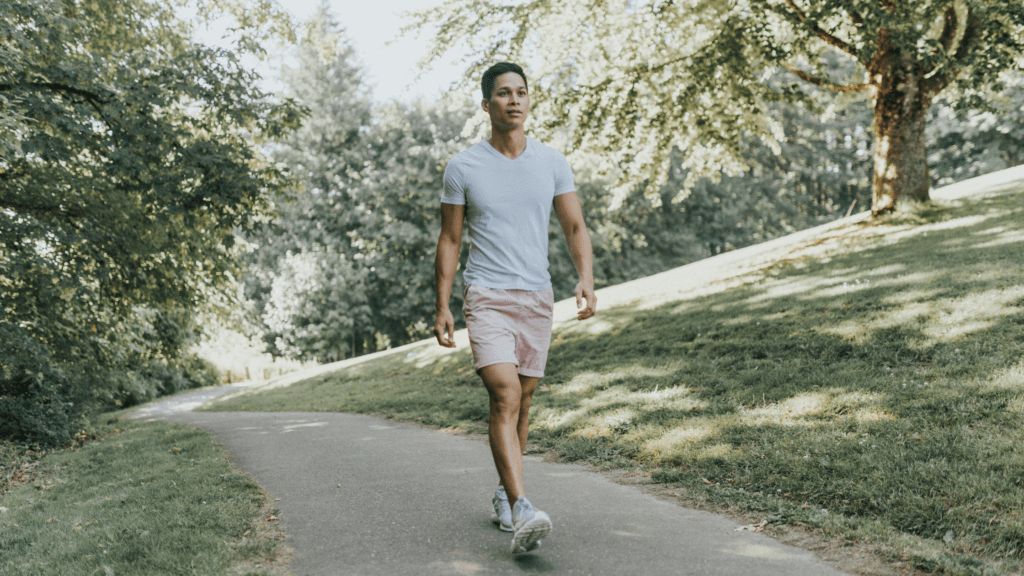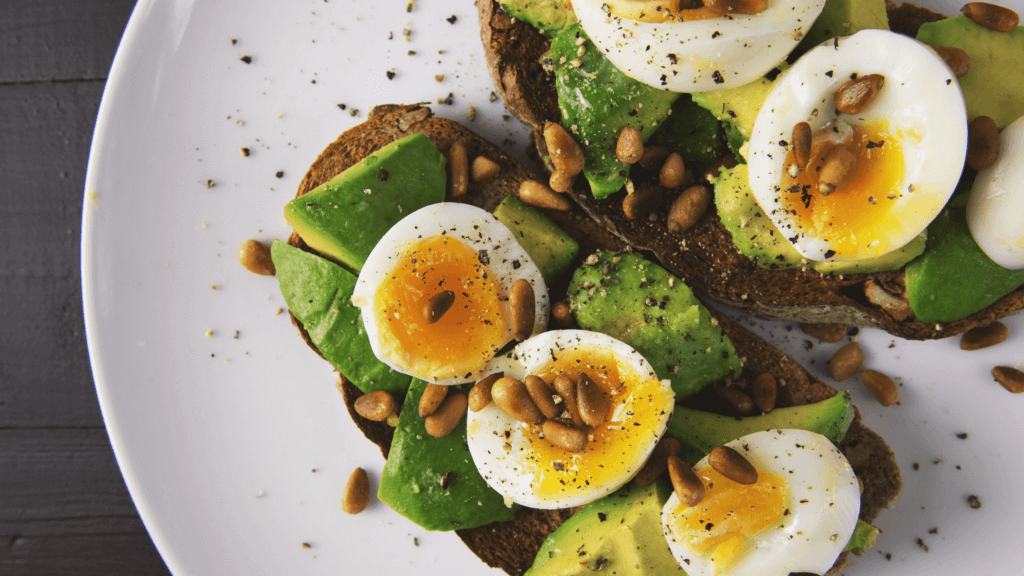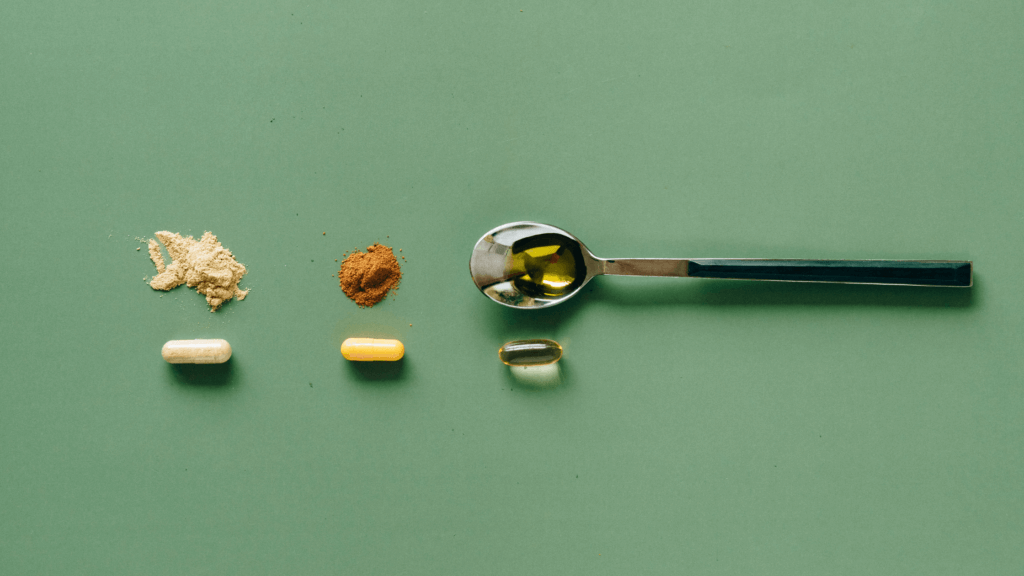Working in the construction industry exposes individuals to dangerous environments filled with toxins, chemicals, and other health hazards. These daily exposures can silently build up over time, leading to long-term health consequences like cancer and cardiovascular diseases. However, making small, intentional changes like prioritizing sleep and hot/cold therapy can counteract years of harm and even extend your lifespan.
What is biohacking?
Biohacking is the art and science of optimizing your body and mind through small, targeted lifestyle changes. It involves using nutrition, exercise, and even cutting-edge technologies to improve your health, performance, and longevity. Biohacking is about taking control of your biology and making deliberate choices to live longer and feel better. Whether adjusting your sleep habits, enhancing your diet, or engaging in cognitive training, biohacking offers a toolbox of strategies to boost health and combat the effects of aging.
Biohack your longevity with these 9 essential tips
1. Prioritize sleep and rest

Sleep is a cornerstone of health and longevity, and its effects go much deeper than simply “feeling rested.” During sleep, your body repairs damaged cells, flushes out toxins from the brain via the glymphatic system and regulates critical hormones like cortisol and melatonin. Chronic sleep deprivation has been shown to reduce telomere length, which accelerates cellular aging and increases the risk of chronic diseases like cardiovascular disease, diabetes, and even cancer.
For skilled trades workers, long shifts and irregular hours often disrupt natural circadian rhythms, leading to a sleep debt that compounds over time. This impairs focus and reaction time—directly increasing the risk of workplace accidents—weakens the immune system and promotes systemic inflammation. One Harvard study estimated that over 274,000 workplace accidents occur due to lack of sleep.
Implementing good habits like consistent sleep schedules, reducing blue light exposure at night, and creating a dark, quiet, and cool sleeping environment can mitigate these risks and improve sleep quality.
2. Increase daily movement

Physical activity improves mitochondrial function, which is vital for energy production at the cellular level. It also enhances the delivery of oxygen and nutrients to tissues, reduces oxidative stress, and increases the production of brain-derived neurotrophic factor (BDNF)—a protein that supports brain health and reduces the risk of neurodegenerative diseases like Alzheimer’s.
Even if construction work is physically demanding, much of it involves repetitive motions or static postures, which can cause localized stress on joints and muscles without improving cardiovascular health. Integrating non-repetitive movement, like stretching or mobility exercises, can counterbalance these effects.
3. Improve baseline VO₂ max

VO₂ max, short for maximal oxygen uptake, measures your body’s ability to utilize oxygen during intense exercise. It’s a key indicator of cardiovascular fitness and has a strong correlation with longevity. Higher VO₂ max levels are associated with a lower risk of cardiovascular diseases and all-cause mortality.
While most trade jobs are physically demanding, they often involve repetitive tasks that may not sufficiently challenge the cardiovascular system. Incorporating aerobic exercises like jogging, cycling, or swimming into your routine once or twice a week will improve VO₂ max and help you extend your life expectancy.
4. Proper nutrition and caloric intake

Eating a balanced diet rich in whole foods—such as fruits, vegetables, lean proteins, and whole grains—provides essential nutrients that support cellular function and repair. However, it’s important to practice the mindset of everything in moderation. Research suggests moderate caloric restriction can extend lifespan by reducing metabolic stress and enhancing cellular maintenance processes.
The easiest way to reduce caloric intake is to eat nutrient-dense foods. They contain the necessary vitamins and minerals our bodies need to thrive. In addition, incorporating antioxidants from sources like berries and leafy greens can combat oxidative stress, a major factor in aging and chronic diseases.
5. Supplement for the gaps

Getting all the nutrients your body needs for optimal health and longevity from food alone can be challenging, especially with the demands of a busy lifestyle or physically demanding jobs like construction. This is where supplements step in, providing targeted support to fill nutritional gaps and enhance cellular health. From boosting heart function to improving energy metabolism, here are the best supplements for aging well:
- Essential fatty acids (EFAs): EFAs, such as omega-3 and omega-6 fatty acids, are critical for cellular function and reducing inflammation. Omega-3s, found in fatty fish and flaxseeds, have been shown to improve heart health by lowering triglyceride levels and supporting brain function. Including EFAs in your diet or supplementation ensures your body gets these vital building blocks for long-term health.
- Resveratrol: Resveratrol, a natural antioxidant found in red wine and grapes, is known for its anti-aging properties. It activates specific proteins called sirtuins that protect cells from stress and damage. Resveratrol supplementation supports cardiovascular health, reduces inflammation, and may mimic the effects of caloric restriction to promote longevity.
- NAD+ boosters: NAD+ is a coenzyme essential for energy production and DNA repair, but its levels decline with age. Boosters like nicotinamide riboside (NR) or nicotinamide mononucleotide (NMN) can help replenish NAD+, improving mitochondrial function and supporting brain health, energy metabolism, and cellular repair.
- Senolytics: Senolytics target and eliminate senescent cells—damaged cells that linger in the body and contribute to aging and chronic diseases. By clearing these “zombie cells,” senolytics have been shown to rejuvenate tissues, improve organ function, and reduce the risk of age-related diseases like arthritis and cardiovascular disease.
- Nitric oxide boosters: Nitric oxide supports vascular health by relaxing blood vessels and improving circulation. Supplements like L-arginine or beetroot extract enhance blood flow, lower blood pressure, and support physical performance. This improved circulation ensures nutrients and oxygen reach every cell, helping them function better.
6. Hydration

Staying hydrated is a simple but essential way to support your health and longevity. Water plays a key role in bodily functions like digestion, nutrient absorption, and regulating body temperature. For construction workers exposed to heat and physically demanding tasks, dehydration can lead to fatigue, dizziness, and even heat-related illnesses.
Research shows that people who stay well-hydrated are less likely to develop chronic conditions and tend to live longer. Aim for at least 8 cups (64 ounces) of water per day, though this may vary depending on your activity level and the environment you work in. Adding hydrating foods like cucumbers, watermelon, and oranges to your diet can further boost your hydration levels, making it easier to stay on track.
7. Stress management

Chronic stress raises cortisol levels, which, over time, can damage cells by increasing oxidative stress and inflammation. For construction workers, who often face long hours, tight deadlines, and physically demanding work, managing stress is critical for mental and physical health. Incorporating stress-reduction techniques into your daily life is key to combat these effects. Here are some proven methods:
- Mindfulness meditation: Practicing mindfulness can lower cortisol levels and improve your ability to handle stressful situations.
- Deep-breathing exercises: Controlled breathing techniques activate the parasympathetic nervous system, which helps reduce tension and promotes relaxation.
- Physical activity: Even short walks or light exercise release endorphins, the “feel-good” hormones, which improve mood and lower stress.
- Social connections: Building strong relationships with friends and family can offer emotional support and reduce feelings of stress.
- Hobbies: Engaging in activities you enjoy provides a healthy distraction and fosters a sense of accomplishment
8. Games for cognitive function

Conditions like Alzheimer’s and dementia can significantly shorten your lifespan and impact your quality of life. However, keeping your brain active is one of the most effective ways to reduce the risk of these diseases and maintain cognitive health and sharpness as you age. Engaging in activities like puzzles, strategy games, or learning new skills strengthens neural connections. For example, a study found that older adults who regularly played word and number puzzles had sharper cognitive functions. Therefore, incorporating these cognitive games into your daily routine supports brain health and can increase your lifespan.
9. Hot and cold therapy

Hot and cold therapy offers unique health benefits when practiced regularly. Spending 15–20 minutes in a sauna or hot bath a few times a week can improve blood flow, reduce muscle soreness, and lower blood pressure. Cold therapy, like cold showers or ice baths, should be limited to 2–3 minutes and can reduce inflammation, boost mood, and enhance metabolic health by activating brown fat.
For maximum benefits, try alternating between hot and cold therapy in 3–5 cycles, spending 3–4 minutes in heat followed by 1 minute cold. This contrast therapy improves circulation, speeds recovery, and strengthens your immune system. Listen to your body and consult a professional if you have underlying health conditions.
Bottom line
Biohacking doesn’t have to be complex or intimidating. You can significantly improve your health and extend your lifespan by making small, intentional changes—like prioritizing sleep, staying hydrated, managing stress, and incorporating targeted supplements. These strategies are especially valuable for those in demanding industries like construction, where long hours and physical stress can take a toll. Remember, consistency and finding what’s sustainable for your lifestyle is key. Every step you take toward better health is an investment in your future.
Subscribe to our newsletter for more actionable tips and insights on living a healthier, longer life. From simple hacks to advanced wellness strategies, we’re here to help you optimize your well-being every step of the way.



1 comment